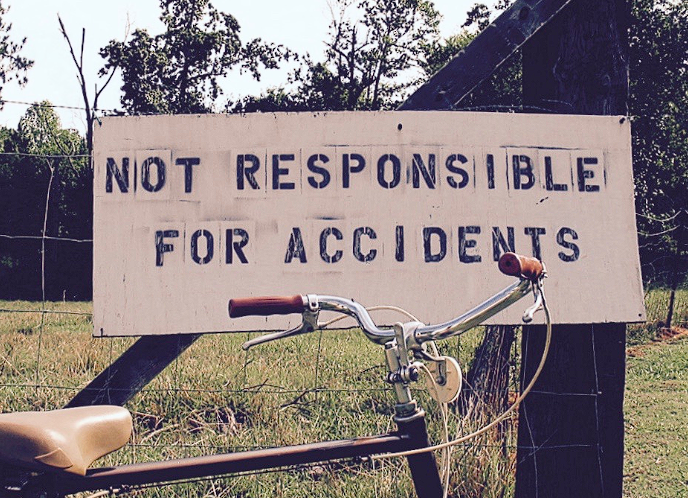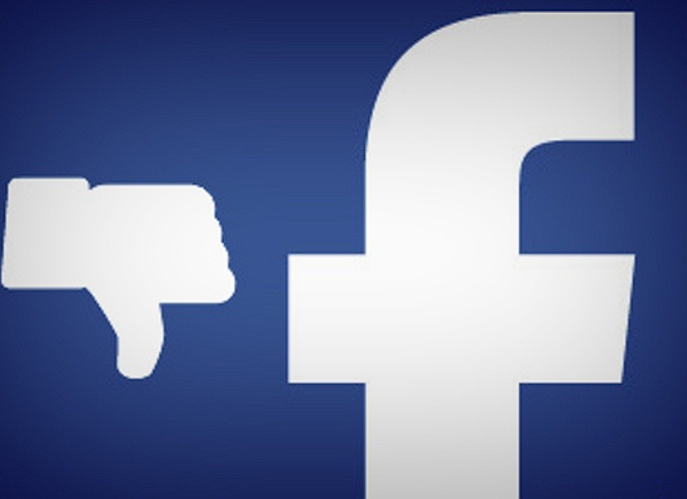Last week, Mr Romney announced his running mate, Mr Ryan, a representative from Wisconsin. Mr Ryan is known for his libertarian thinking, which has been profoundly influenced by the writings of Mrs. Ayn Rand. Mrs. Rand, who grew up in Russia, embraced egotism (and hence rejected is rival twin, altruism). Not surprisingly, her economic views also emphasize the self: she promoted a form of capitalism that makes little, if any room, for government regulations or any kind of state intervention. The government is not to redistribute wealth. In short, Mrs. Rand viewed individuals as being out there on their own, which is really the best they can hope for.
Or is it? I have been scratching my head over this question ever since I read about the appointment of Mr Ryan. I grew up in a social democracy whose government had, and still has, an important hand in health care and education, too name but a few of the regulated sectors. Elementary school was public; kids from all social backgrounds shared the classroom. In my year, there were kids from farms, others whose fathers worked for the railroad, as electricians or construction workers. Doctors regularly visited our classroom and made sure our teeth were fine, our eyesight was taken care of and we were vaccinated. Health care was public and accessible to everyone.
What difference have the public schooling, health care and other government programs made in the lives of my former classmates and me? This question is difficult to answer, since I do not know how we would have fared had we not had access to these government programs. I cannot go back in time and make an experiment where I explore what happens to our lives without the government programs.
This being said, it appears fairly reasonable to claim that government programs are more essential for children from less fortunate backgrounds. To see this, imagine a world without public schooling or public health care. When parents are poor, they quickly lack funds to provide their children with private schooling and private health care. What’s more, these parents may lack to the time to become informed about schools and health care programs, which is important if they are to make well-balanced decisions about their children’s schooling and health care.
This argument makes me wonder whether socioeconomic conditions influence our political views. In other words, are people from poorer socioeconomic backgrounds more likely to be democrats (to use the U.S. political classification) or liberals (if I rely on the Canadian terminology)? Democrats tend to allow for more government intervention. Conversely, are people from richer socioeconomic backgrounds more likely to be republicans (in the U.S.) or conservatives (in Canada)? Republicans tend to reject government intervention, at least in all things not defense related.
The answer to those questions appears at first to be yes, as suggested by research from psychology: individuals who belong to a high-status group stand a larger chance of favoring inequality than people who are part of a low-status group (Rios Morrison, Fast and Ybarra 2009). In other words, wealthier individuals, belonging to high-status groups, would prefer less socialistic policies than poorer individuals.
I next turned to political science to unearth more detailed answers to my questions. I expected to find an abundance of research on how socioeconomic status, wealth and income shape political party identification, political affiliation and voting in elections. Not so. I spent quite some time digging through scholarly work, to stumble unto only very few articles that, as an aside, present some research pertaining to socioeconomic status and political affiliation. From this excursion into political science, I came away with confusion more than clarity: the sparse research that deals with socioeconomic status generally measures it in a variety of ways (i.e., using income or wealth); to further complicate things, socioeconomic status seems to be related to a series of other factors that influence political affiliation, such as how knowledgeable individuals are about politics.
Politics leave me confused? There, that is a new experience.
Your thoughts?
Reference: K. Rios Morrison, N. J. Fast and O. Ybarra. 2009. Group status, perceptions of threat, and support for social inequality. Journal of Experimental Social Psychology 45 (1): 204-210.
Photograph: Jennifer Donley









